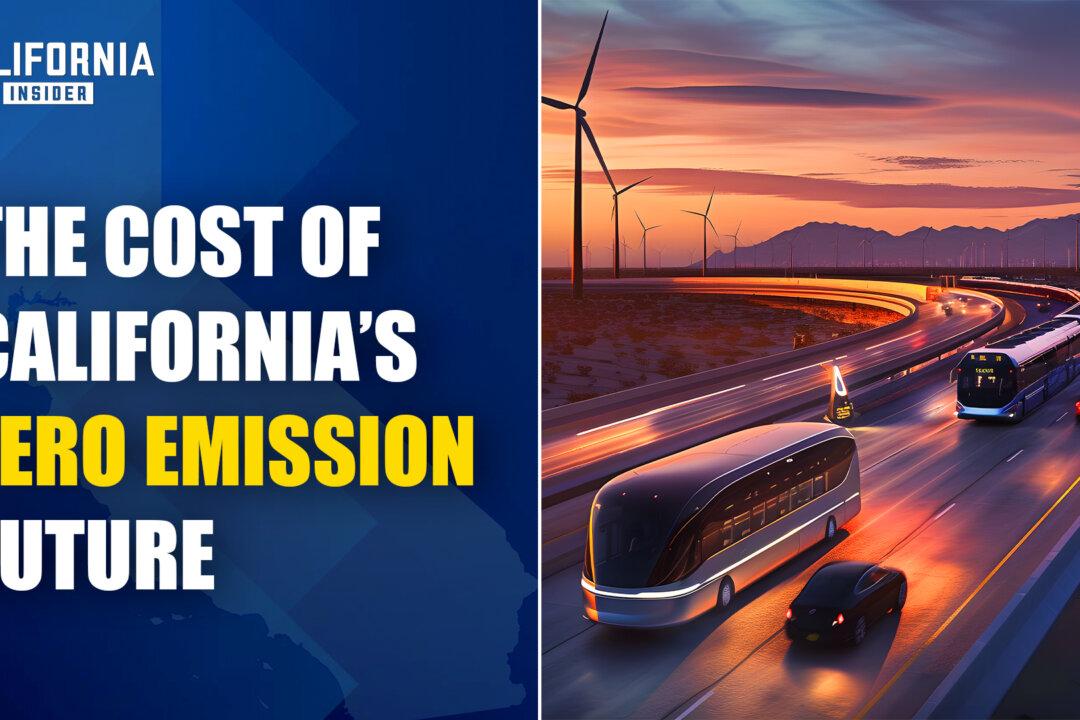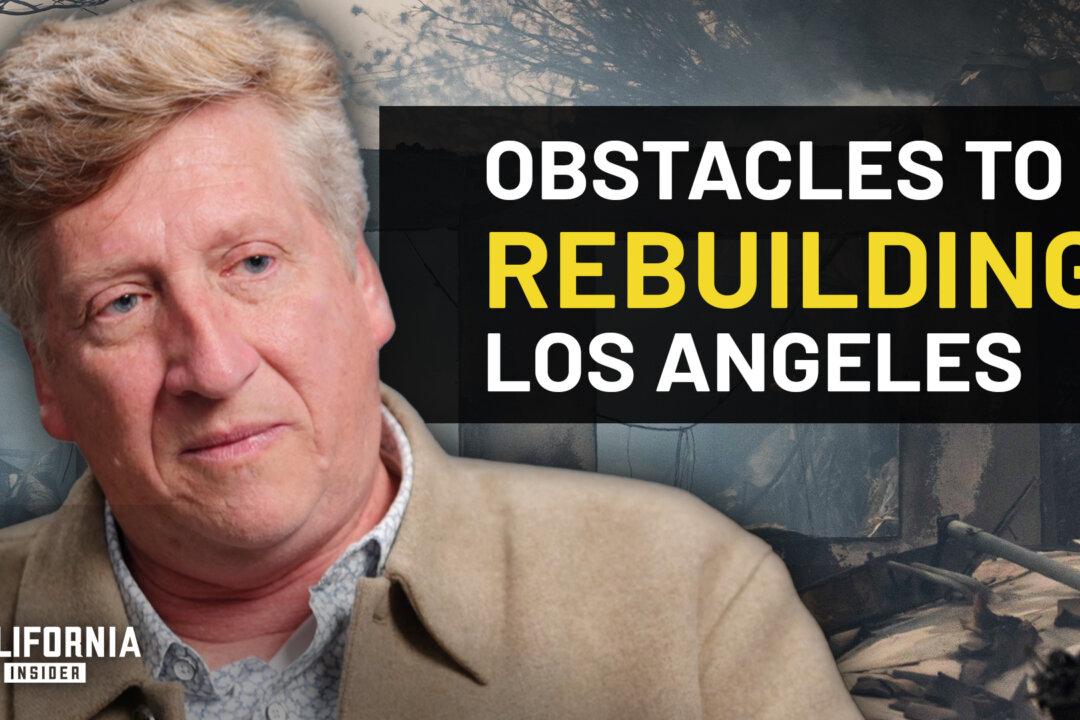Energy expert Mark Mills of the Manhattan Institute recently discussed the complex realities of transitioning to electric vehicles at a recent event. While the goal of reducing carbon emissions is laudable, Mills argues that the pursuit of zero emissions may simply shift the problem elsewhere rather than solve it.
Opinion: California’s Zero Emission Revolution Is Not What You Think | Mark Mills

|Updated:




